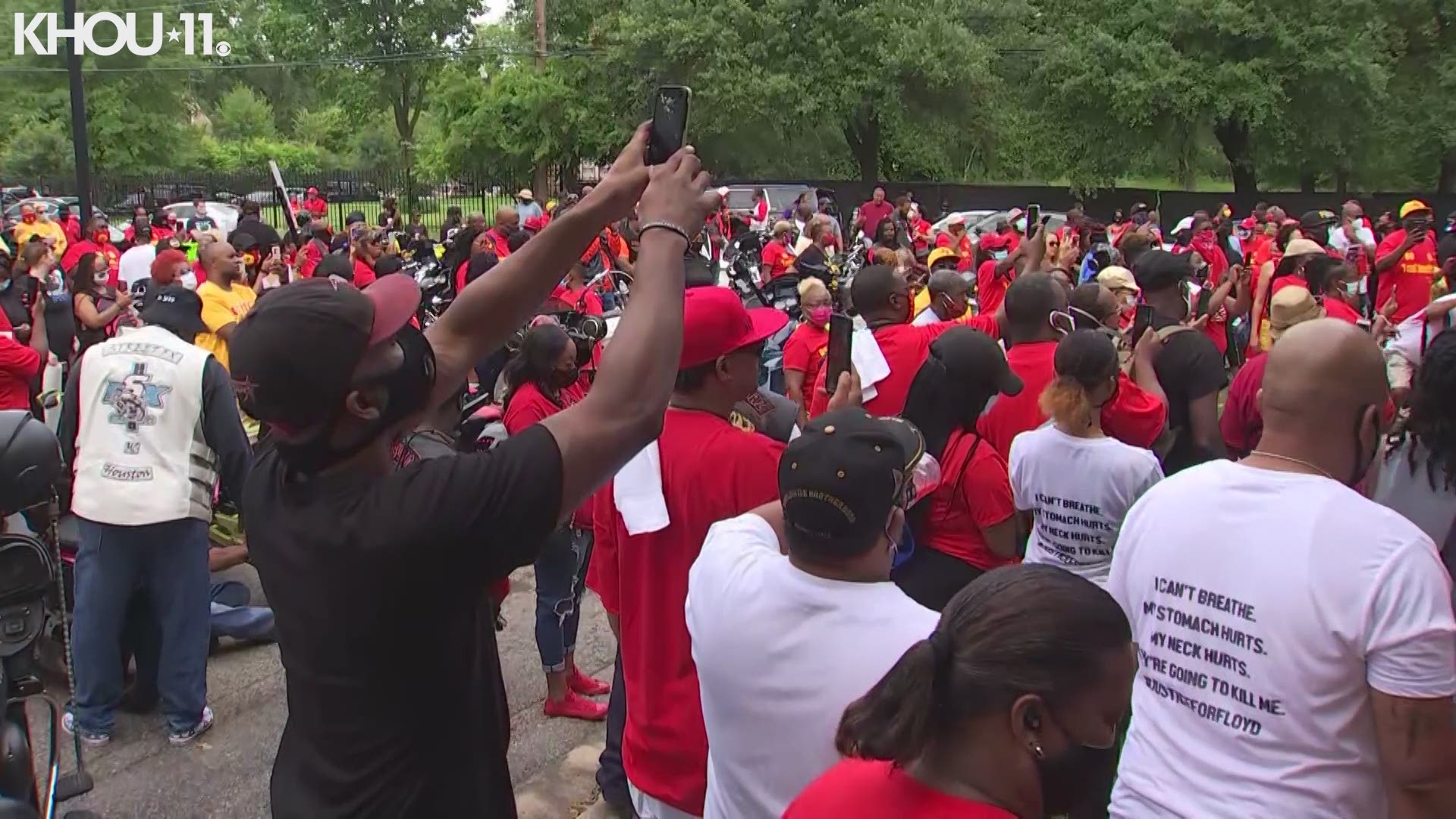![GTY 513906694 A ELE USA KS [image : 87082776]](http://www.gannett-cdn.com/-mm-/9e26bc6c0ce9cb4272ec3c0feadf94a24fd352e1/c=987-0-4511-3012/local/-/media/2016/07/14/USATODAY/USATODAY/636040982119048043-GTY-513906694.jpg)
WASHINGTON — It is a particularly noxious element in an ugly political season.
Donald Trump's proposal to ban Muslims from entering the country and the overall upsurge in anti-Muslim rhetoric, which peaked dramatically after the Orlando nightclub shooting, represent a frontal assault on freedom of religion, a pillar of the American way of life.
What's worse, the embrace of Islamophobia by political leaders can create a cloak of respectability for others who hold such repugnant views.
And virulent language can have real-world consequences. A recent report published by Georgetown University’s Center for Muslim-Christian Understanding found a sharp increase in anti-Muslim violence since Trump first issued his call to keep Muslims out.
Clearly fear of terrorism is real and not unfounded; Muslim extremists — and those expressing support for them — have been responsible for horrendous crimes. But, sadly, violent extremism comes in a wide variety of flavors in our society.
There's no doubt we have a problem. But what can we do to solve it?
In a welcome effort to find out, the National Institute for Civil Discourse this week staged a conference — titled "Restoring America’s Values: Combating Anti-Muslim Speech and Behavior" — that brought together concerned people from a variety of disciplines. Religious leaders, politicos, academics and communications professionals gathered at Washington's Hotel Monaco in an effort to shed some light on an intractable and disturbing problem. Three journalists also were on hand, and I was lucky enough to be one of them.
!['Islamophobia': U.S. cities face anti-Muslim backlash [oembed : 87081358] [oembed : 87081358] [oembed : 87081358] [oembed : 87081358] [oembed : 87081358] [oembed : 87081358] [oembed : 87081358] [oembed : 87081358] [oembed : 87081358] [oembed : 87081358] [oembed : 87081358] [oembed : 87081358] [oembed : 87081358] [oembed : 87081358] [oembed : 87081358] [oembed : 87081358] [oembed : 87081358] [oembed : 87081358] [oembed : 87081358] [oembed : 87081358]](/Portals/_default/Skins/PrestoLegacy/CommonCss/images/smartembed.png)
To no one's surprise, the get-together did not achieve a stunning breakthrough, a magic bullet to eliminate such bigotry overnight. The session was more the beginning of an important conversation: The group will reassemble in the first quarter of next year to continue its deliberations.
But it did conclude with a set of principles on where the group stands now and where it is heading:
• We are a diverse group of people with a wide range of perspectives that have come together to explore the challenges created by increasing anti-Muslim sentiment.
• We will engage in civil dialogue to understand, to heal and to unite.
• We are working to understand the complex relationship between the rise of anti-civility and the rise of anti-Muslim sentiment.
• We understand that religious freedom is a bedrock of American culture.
• We believe that religious freedom means freedom for all religions.
• We are committed to working together to restore civil dialogue and combat anti-Muslim speech and behavior.
But the conference, which featured both small working-group discussions and larger conversations including the roughly 40 participants, illustrated the difficulty of the undertaking. Even at an event put together solely to focus on solving the problem of Islamophobia, there were a few painful exchanges that reflected yawning gaps in understanding.
The group is pursuing a number of possible concrete steps, from staging town hall-style meetings to building rapid response teams to forming interfaith coalitions to combat anti-Muslim actions on the local level.
![Rieder: Combating ugly political rhetoric [oembed : 87080086] [oembed : 87080086] [oembed : 87080086] [oembed : 87080086] [oembed : 87080086] [oembed : 87080086] [oembed : 87080086] [oembed : 87080086] [oembed : 87080086] [oembed : 87080086] [oembed : 87080086] [oembed : 87080086] [oembed : 87080086] [oembed : 87080086] [oembed : 87080086] [oembed : 87080086] [oembed : 87080086] [oembed : 87080086] [oembed : 87080086] [oembed : 87080086]](/Portals/_default/Skins/PrestoLegacy/CommonCss/images/smartembed.png)
The project is very much in sync with the institute's core mission, which includes supporting civil discourse "and a government that works in the best interests of the country as a whole." Founded in the wake of the shooting of Rep. Gabby Giffords, the institute's national advisory board members are former presidents George H.W. Bush and Bill Clinton, former Supreme Court justice Sandra Day O'Connor and former Senate majority leader Tom Daschle. Its board includes Giffords, former secretaries of State Madeleine Albright and Colin Powell and an array of other well-known political and media figures.
When the institute launched in March 2011, Clinton said the initiative "can elevate the tone of dialogue in our country."
That has proven to be an uphill challenge indeed.
Follow USA TODAY columnist Rem Rieder on Twitter @remrieder


